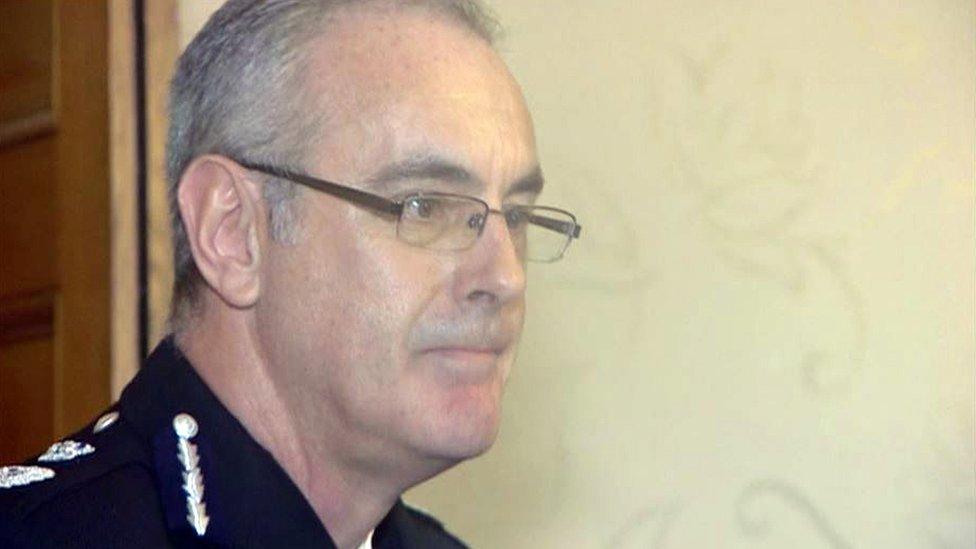Police Scotland's overseas training work is 'hypocrisy'
- Published
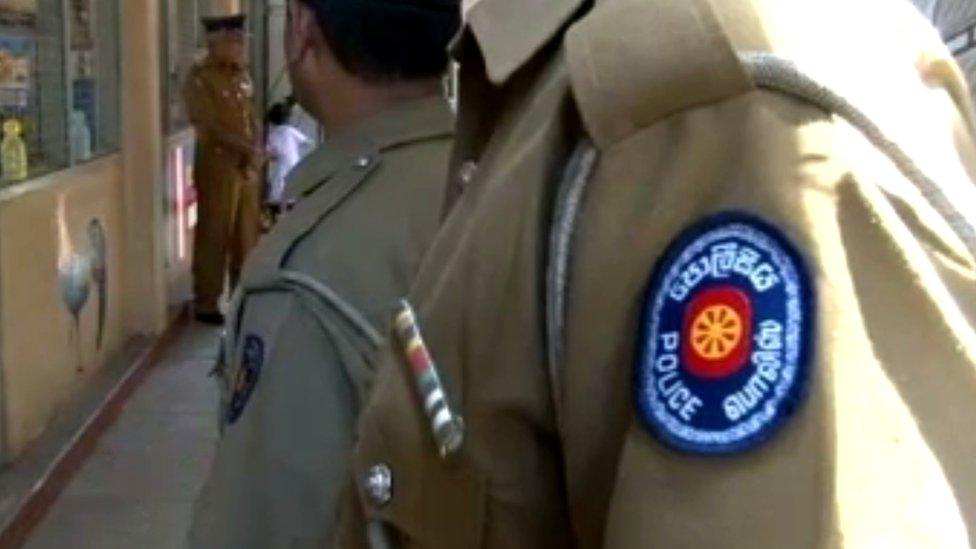
Police Scotland has been working in Sri Lanka for several years
A Labour MP has strongly criticised Scotland's chief constable for letting his force train officers in countries with "appalling" human rights records.
Labour's David Winnick told Phil Gormley that Police Scotland's work in places like Sri Lanka was "hypocrisy".
But Mr Gormley said the force was under "significant budgetary pressure" and needed to seek additional income.
The Foreign and Commonwealth Office and Scottish government had "full knowledge" of the contracts, he added.
Mr Gormley was speaking at a Westminster home affairs committee, external on Tuesday.
He confirmed Police Scotland's international development unit provided training in Sri Lanka, the United Arab Emirates (UAE) and South Sudan, external, among others.
Deaths in custody
The force has been training officers in Sri Lanka for several years, despite concerns being raised by Amnesty International, external about the country's record on torture, arbitrary arrests and deaths in custody.
Mr Winnick asked him: "Sudan has a notorious record of outright brutality... Isn't there a contradiction of this country [the UK] upholding certain principles, human rights and the rest and an organisation like yours having contracts with governments that are totally in the opposite direction?"
The MP also claimed police in the UAE tortured two Britons arrested on drugs charges.
He added: "If they torture British citizens, one can only imagine what they do to their own citizens."
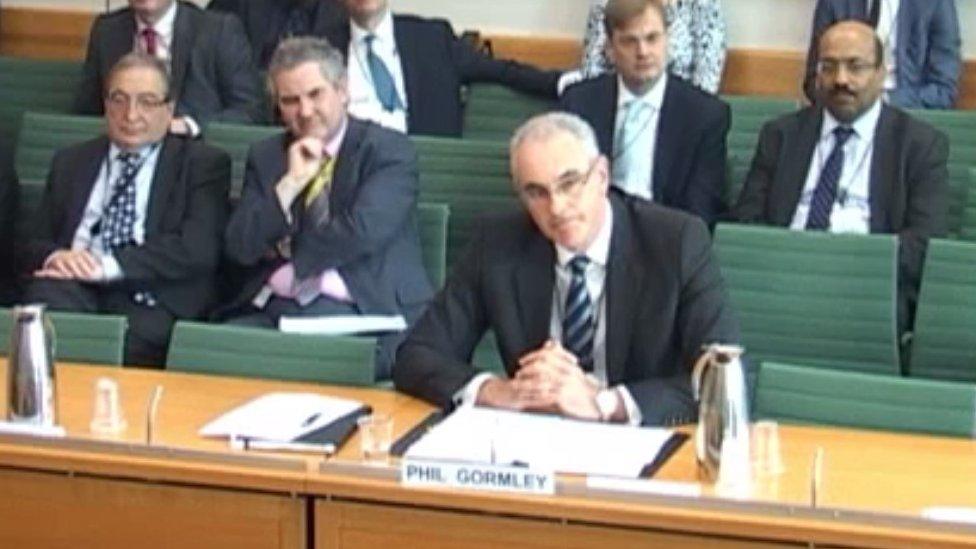
Phil Gormley was speaking at a Westminster home affairs committee
Police Scotland has provided training on child protection and crash investigation to officers in the UAE's police force.
But Mr Gormley said Police Scotland was trying to improve standards of policing around the globe and told Mr Winnick "no concerns had been expressed" about the countries where they worked.
"Clearly I'm a public servant - there is a political dimension to this that is not part of my role," he said.
"There are relationships with some of those governments that you have described. What we are trying to do when we go out and do training is to raise the standards of policing in those environments."
He also said the income provided by international training work was a vital boost to the force's £1.1bn budget which it receives from the Scottish government.
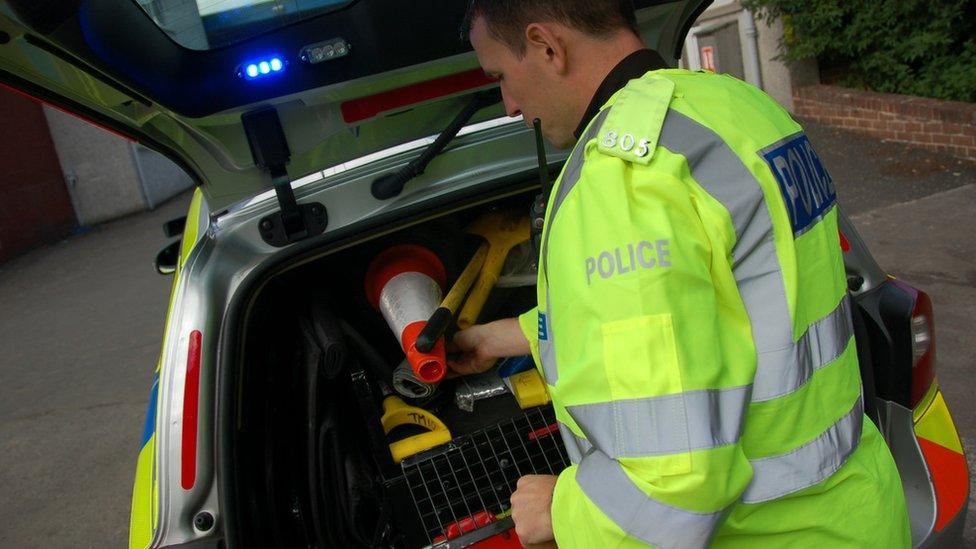
Police Scotland trains other forces in the best way to investigate road collisions
Mr Gormley said: "We are under significant budgetary pressure and therefore if we can legitimately raise revenue - either in terms of cost recovery from sporting events or through delivery of training domestically or internationally - then we will seek to do it."
The chief constable denied that the deployment of officers overseas used resources needed in Scotland.
"We wouldn't compromise our ability to deliver at home in order to make relatively modest amounts of money abroad," he said.
Mr Gormley was sworn in as chief constable in January.
His appointment followed Sir Stephen House's decision to step down from the post after coming under pressure over the M9 crash, stop and search, and the role of armed officers.
A statement from Police Scotland later said forces had "provided practical capacity-building training for over 20 years to a range of countries".
It said: "Police Scotland recovers the full cost of this training from the Scottish and UK governments to ensure there is no detriment to the citizens of Scotland."
The statement also said the training was not a response to financial challenges faced by Police Scotland.
It said: "There are significant benefits to our officers and staff and the people of Scotland by Police Scotland being engaged in this activity.
"It supports our ambitions to ensure that our reputation is strengthened on the international stage, demonstrates confidence in Scottish policing and that our officers and staff have the necessary skills and experience to police our increasingly multi-cultural communities in Scotland."
Police Scotland said all of the countries it operated in had full diplomatic relations with the UK.
- Published4 April 2013
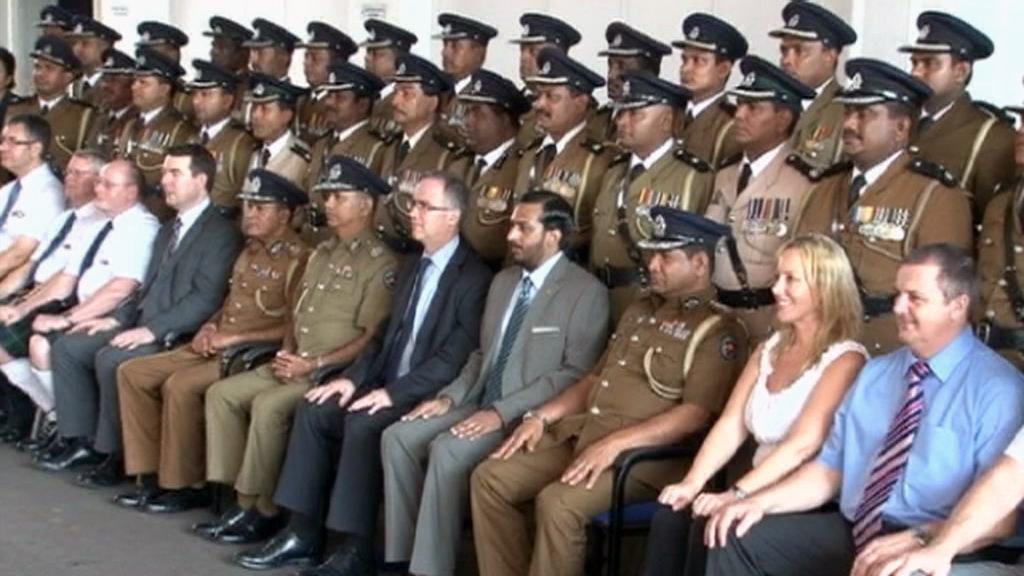
- Published5 January 2016
